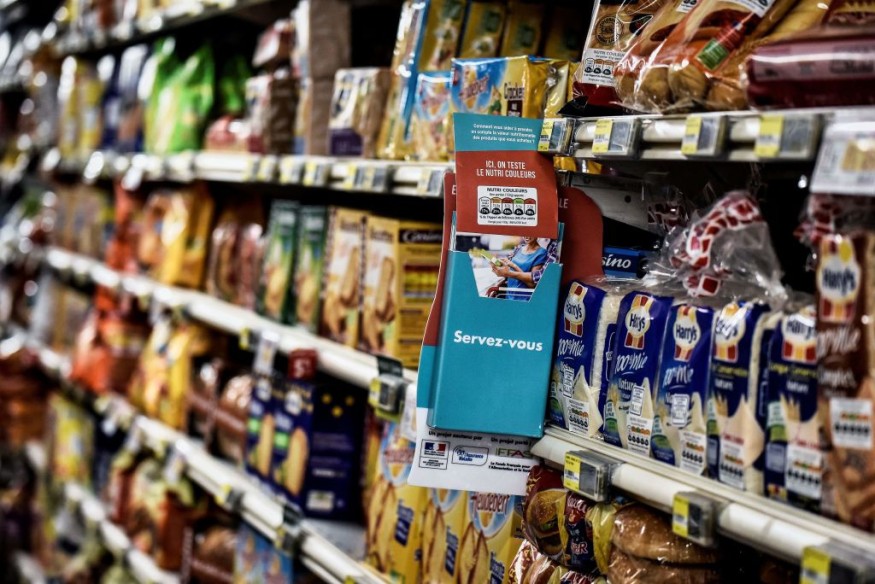
A Belgium province will soon see new animal-friendly food labels.
Animal-Friendly Labels
In Flanders, a Dutch-speaking region in the country's north, packaging will include information regarding animal production standards.
The new label, Beter voor Dieren (Better for Animals), will designate items whose producers have utilized ethical practices when breeding animals for human consumption.
The Flemish Ministry of Animal Welfare, which introduced the regulation, thinks that it would raise consumer awareness of animal welfare issues in food production.
"For many Flemings, animals play a crucial role in their lives, and they also want their purchasing decisions to be guided by animal welfare," the Flemish Animal Welfare.
The Better for Animals mark will appear on food packaging from manufacturers who have attempted to exceed the standard legal criteria for animal care during food production.
Actions may include eliminating unnecessary animal transportation, providing higher-quality animal food, and ensuring that animals have more space than is legally required.
The labels will also classify manufacturers into one of three categories based on how far they have deviated from basic requirements.
One plus sign denotes minimal extra work, two plus signs indicate increased effort, and three plus signs denote organizations that 'go the extra mile'.
Products with the revised labeling will be available at retailers before the end of the year. They will first appear on pork, followed by poultry and other animal products.
Read Also : Vegan Certification Labels
Customer Choices
The new label may have a substantial impact on customer choices.
The EU survey Attitudes of Europeans towards Animal Welfare, published last month, discovered that 84% of Europeans believe farm animals in their country should be better protected than they are now.
Approximately 60% said they would be willing to pay more for items made from welfare-friendly farming techniques.
According to a 2022 study, climate effect labeling may convince individuals to choose more environmentally friendly meals.
A clinical trial conducted by researchers from Johns Hopkins and Harvard institutions, providing information about the environmental impact of meals is an effective way to influence customer choices.
The study asked a sample of 5,049 people in the United States to order items from a fast-food menu.
Participants were offered menus with one of three labels: a quick response code on all items, a green low-climate effect label on chicken, fish, or vegetarian goods, or a red high-climate impact label on red meat items.
The labels on the low-climate effect menu read: "This item is environmentally sustainable. It emits negligible amounts of greenhouse gases and contributes little to climate change.
The high-climate impact menu stated, "This item is not environmentally sustainable." It has large greenhouse gas emissions and has a significant contribution to climate change."
When offered the high-climate impact menu, 23.5% more participants chose a sustainable option than the control group.
In the group provided with the low-climate effect menu, 9.9 percent more people chose a sustainable option.
While the clinical study designated chicken and fish as sustainable food options, research has revealed that they can also harm the ecosystem.
Intensively farmed chicken pollutes rivers, while soy production for animal feed destroys enormous amounts of forest.
Farmed and trawled fish are also not sustainable solutions because they can harm marine environments.
© 2025 NatureWorldNews.com All rights reserved. Do not reproduce without permission.





